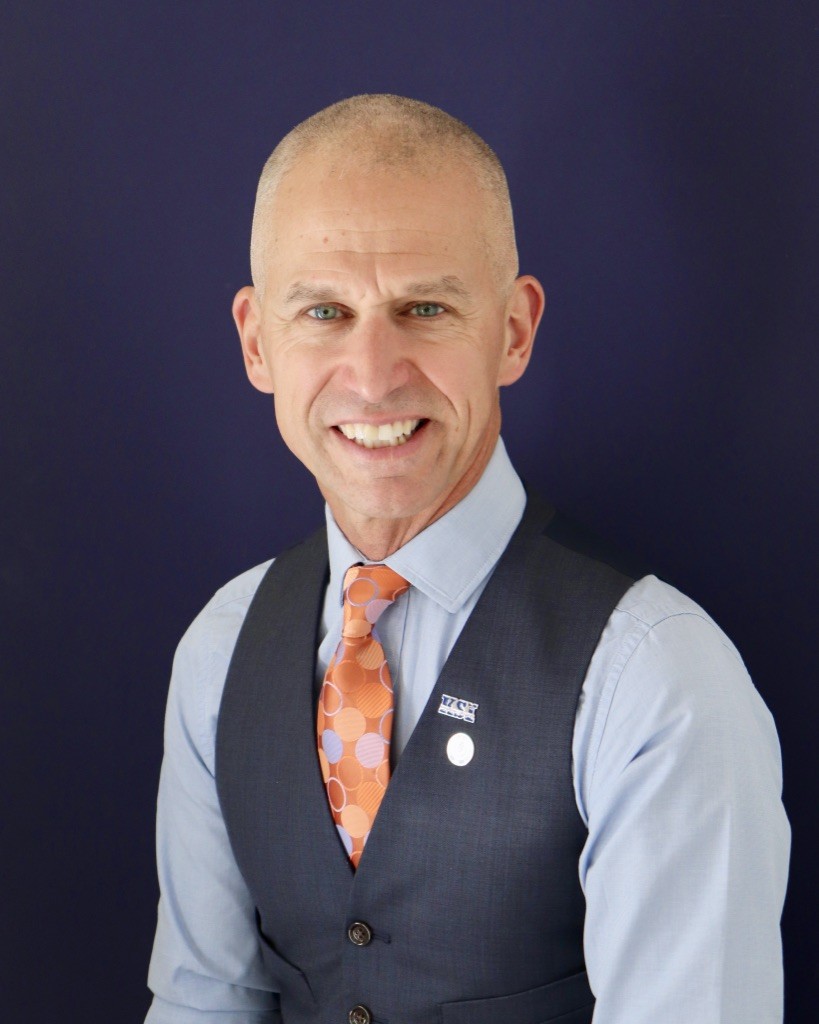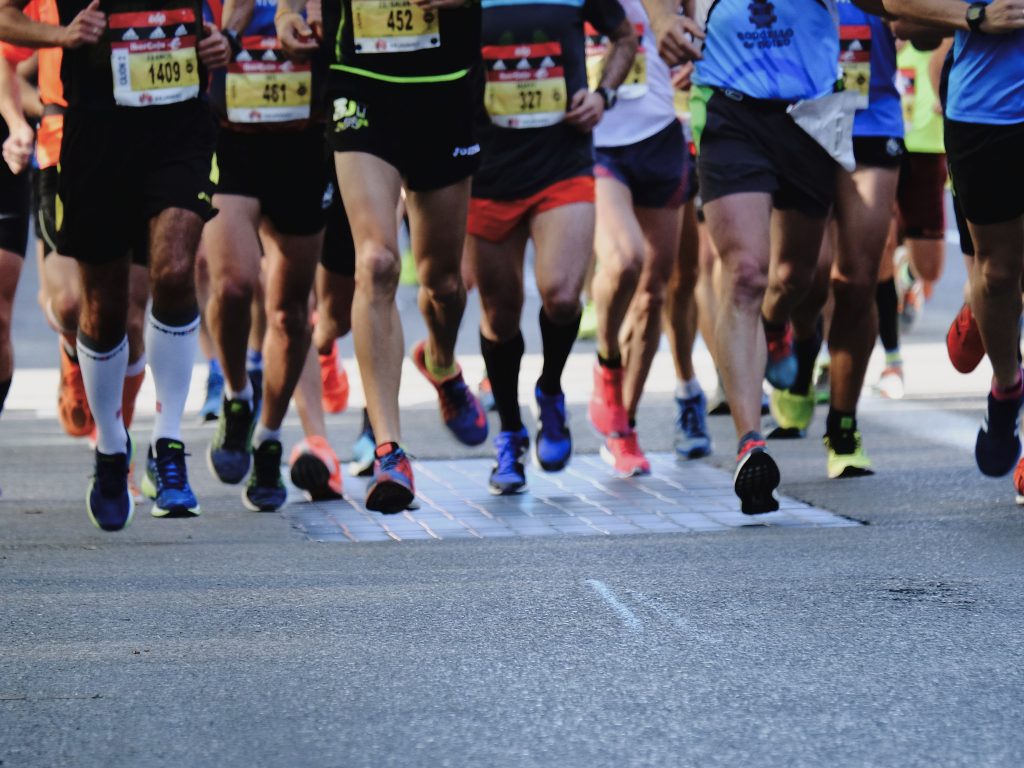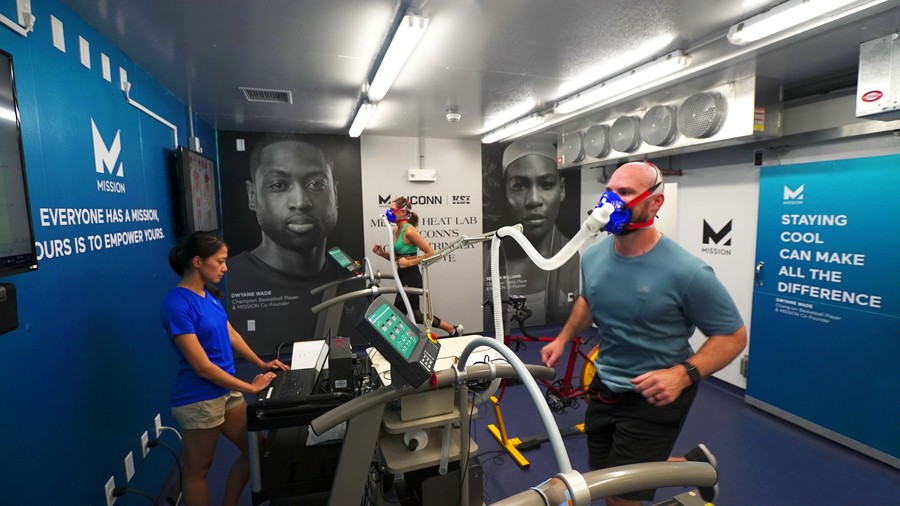
Meet Dr. Douglas Casa
For the past 36 years, Douglas Casa has immersed himself in his life’s passion: the study of exertional heat stroke, heat illnesses, hydration, and preventing sudden death in sports.
A professor in the Department of Kinesiology at the University of Connecticut, he has dedicated his career to focus on preventing needless tragedy during sport and physical activity.
Douglas’s path to becoming a world-renowned expert includes more than 200 peer-reviewed publications on heat-related illnesses, and he has successfully treated hundreds of patients with exertional heat stroke with zero fatalities.
AT Each Moment had an opportunity to interview Dr. Casa on his inspirational journey to become an Athletic Training researcher and the life-saving impact of his heat illnesses research at University of Connecticut. Let’s explore his story.
The Road to Athletic Training Research Started with a Near-Death Experience
Dr. Casa’s route to Athletic Training began with an unexpected incident on August 8th, 1985 when he competed in the New York 10K Championship at the age of 16.
Under the 90-degree heat at noon when he was finishing up the last 50 meters of his 24 and three-quarter laps, he collapsed.

He was unconscious for the next six hours in a coma suffering exertional heat stroke.
“My body temperature got really, really high. I was very fortunate to have amazing care on-site by the athletic trainer, the EMTs in the ambulance, and the physicians and nurses in the emergency room when I got to the hospital. I was lucky to survive,” he says.
After he recovered from the incident, Douglas was driven by the experience, resulting in his professional clinical care for heat stroke career. With a passion for sports medicine, he earned his undergraduate as a biology major at Allegheny College, and his master’s in Athletic Training at the University of Florida.
“I realized I really wanted to hone in on one particular thing, learn more about it, and try to help society understand it better and utilize the information we have to help these different constituents,” he says.
That led him to pursue his PhD at the University of Connecticut in exercise physiology, focusing on the study of exertional heat stroke, heat illnesses, hydration, and preventing sudden death in sport.
Life-Saving Research on Preventing Heat-Related Illnesses
Douglas shared his views on how climate change’s drastic acceleration is affecting people in physically-demanding professions. Laborers around the world are faced with having to work increasingly under brutal heat conditions. There are hundreds of millions of people every day in the world having to perform their job in extreme heat conditions.
In addition, more events are happening under extreme heat conditions in sports such as triathlons, road races, ultra-races, bike races, American football, and soccer.
Through research it is becoming increasingly clear that athletic trainers play a pivotal role in protecting those who are participating in extreme heat, both at work and in sports.
As the Chief Executive Officer of the Korey Stringer Institute at the University of Connecticut, Casa has worked toward achieving his ultimate goal: to prevent needless tragedy during sport and physical activity.
Under his execution, the Korey Stringer Institute serves the public to work toward maximizing performance, optimizing safety, and preventing sudden death for athletes, warfighters, and laborers by providing research, education, advocacy, media outreach, corporate connections and consultation.

The Department of Kinesiology doctoral program at the University of Connecticut was ranked #1 by the National Academy of Kinesiology in 2005 and 2010. Additionally, in September 2010, the National Research Council ranked the faculty in the Department of Kinesiology number one for research productivity. Casa’s continues to work toward his goal of sudden death prevention in sports.
“For the last 36 years, this is all I have been focused on professionally, clinically caring for heat stroke cases. I have now cared for 305 heat stroke patients at different road-racing, sporting events without a fatality,” he says.
With 25 years in the research area, Casa has published more than 200 peer-reviewed publications and presented more than 400 times on subjects related to exertional heat stroke, heat-related illnesses, preventing sudden death in sport, and hydration.
Casa’s Advice to Future Athletic Training Researchers
Douglas believes that a great educational program is a necessary foundation to understand Athletic Training research.
For advanced degrees, get yourself in situations where you can gain clinical experience, establish new knowledge among experts who are actively researching the area, and receive mentorship from these specialists.
“For example, head injuries are something you want to do. Can you have the chance to work for American football or soccer? Where are you going to be around head injuries? For heat stroke you may want to work in triathlons, road races, American football and other things like that,” Casa says.
Prepare yourself for the long journey ahead. It is going to be harder than what you can imagine, and it is going to take a long time. In the end, though, it will clearly be worth it.
“I basically gave up my twenties because I was in college for 11 straight years to do my undergrad, my master’s, and my PhD. You have to be willing to sacrifice a great deal to get to something,” Douglas says.
How do you envision yourself as an Athletic Training Researcher?
Douglas shared an enthralling story of how he got into Athletic Training research, how changes in climate change affect the profession, and the depth and breadth of the research areas he covers. Considering his advice for future Athletic Training researchers, where do you see yourself focusing your energy? Can you see yourself working within a field dedicated to live-saving research? Do you prefer a clinical approach more akin to a Doctor of Athletic Training? Would you measure your success in research that helps prevent fatalities, or the individual touches on your patients?
Identifying your options with advanced education is a process of understanding whether you prefer academic, research, or clinical paths. In regards to research, we’re grateful for Douglas sharing his story and expanding on what the potential is within this field.
